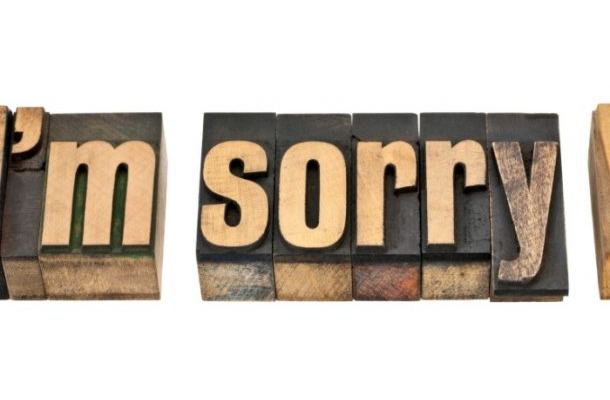
Experts generally recommend two approaches to social media:
Authenticity: Being true to yourself—airing your true beliefs to the greater community. Most consider this to be the most effective way to engage followers and build an audience. It is the favored approach of activists, celebrities, journalists and anyone who wants to strengthen their online presence.
Neutrality: Using social media channels to listen to and participate in the conversation without the risk of offending anyone. This more conservative approach is best for those who are more concerned with protecting their reputation than building an audience. It still provides an online presence, but with less risk of blowback and reputational damage.
A great part of Roseanne Barr’s appeal to viewers is her undeniable authenticity in embracing a point of view that is controversial (but is shared by many of ABC’s 14+ million viewers). For viewers who have a different point of view, her show was a window into a set of values that aren’t well represented in mainstream culture (even though close to half of America shares them).
Roseanne Barr has long taken a firmly authentic stance in her social media use, airing her views regardless of their impact. Everyone has the freedom to do so: social media users from everywhere on the political spectrum have made similar mistakes. But ABC’s response to Roseanne Barr’s comments highlights the potential cost of authenticity.
All social media users, regardless of their political beliefs, must consider whether they can afford the penalties that authenticity, spontaneity and sharing without a filter can incur. They should also consider the impact any comment they make could have on their current and prospective employers, partners and endorsers.
In my Wall Street Journal Crisis of the Week commentary this week, I observe:
“Roseanne Barr tweeted her slur on the heels of relaunching her sitcom to great success. The distinct viewpoints expressed by the show had already earned her a high-profile role in conversations about the country’s cultural divisions. ABC’s swift condemnation of Ms. Barr’s tweet…and its immediate cancellation of her show ensured that no one would see the company as endorsing her statement.
“Nonetheless, ABC did renew the show when her penchant for making highly provocative political statements was commonly known. Crisis management includes planning for this type of scenario and ABC would have conducted rudimentary social-media due diligence before pulling the “on” switch for the show.
“That due diligence would have told them this type of controversy was likely and they would have been prepared for the issue, if they didn’t decide to pass on the project.”
*
Related reading at You(Online):: Social Media History a Major Job Hurdle
How He Built It: Cory Booker, the Social Media Senator
How to Create Effective Social Media Policies




